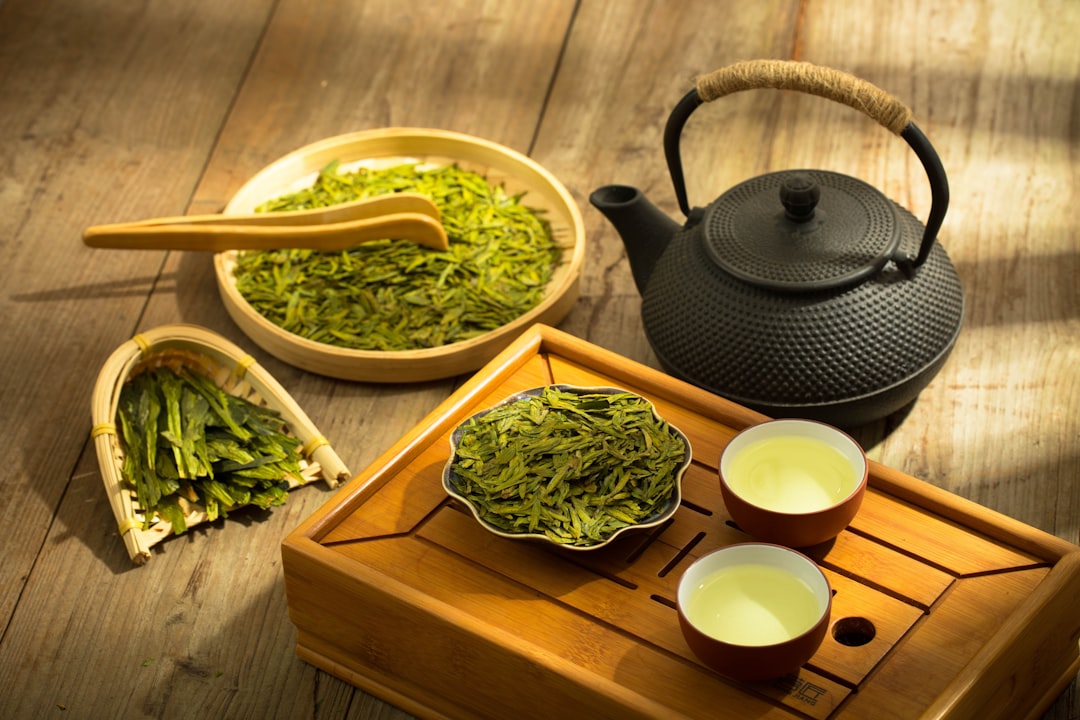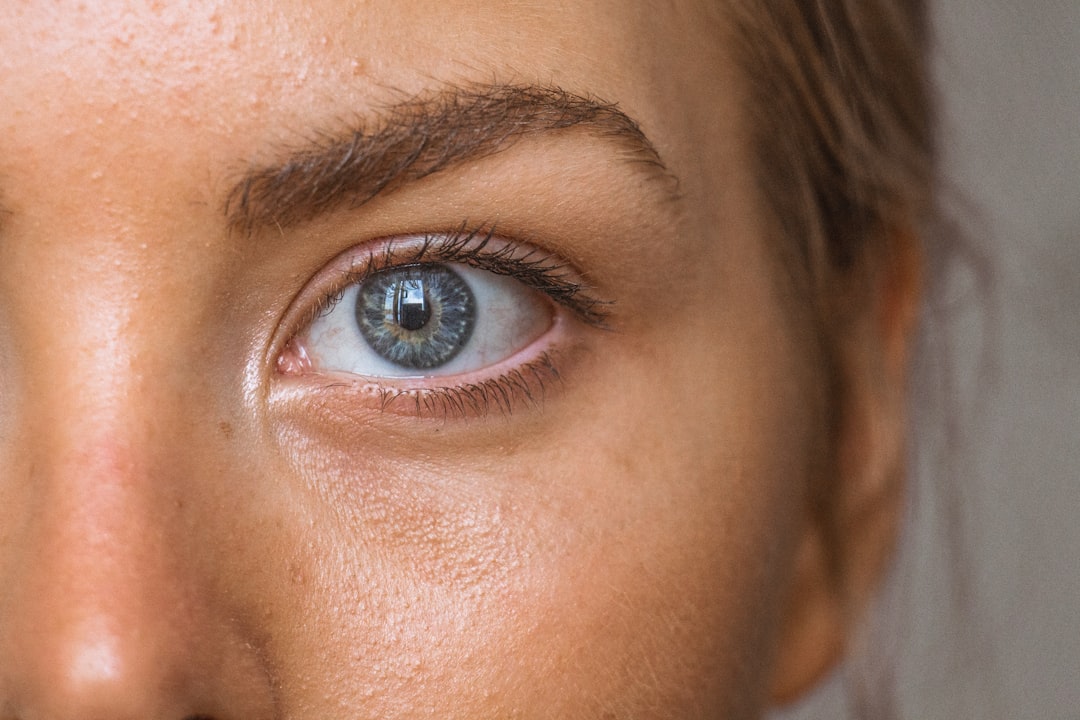Skincare is an essential part of maintaining a healthy and radiant complexion, and it is especially important for teenagers. During the teenage years, hormonal changes can lead to various skin issues such as acne, oiliness, and dryness. Establishing good skincare habits early on can not only help teens address these concerns but also set the foundation for healthy skin in the long run. In this article, we will explore the importance of skincare for teens and provide valuable tips and advice on how to achieve and maintain a healthy complexion.
Summary
- Skincare is important for teens to maintain healthy skin and prevent future damage.
- Knowing your skin type is crucial in choosing the right skincare products.
- A healthy diet can improve the overall health of your skin.
- Sun protection is essential to prevent skin damage and reduce the risk of skin cancer.
- Avoid common skincare mistakes such as over-exfoliating or using harsh products.
Understanding the Importance of Skincare for Teens
Skincare is important for teens for several reasons. Firstly, during adolescence, the body goes through hormonal changes that can lead to an increase in oil production. This excess oil can clog pores and result in acne breakouts. By implementing a consistent skincare routine, teens can effectively manage their oil production and prevent or minimize acne.
Secondly, good skincare habits established during the teenage years can have long-term benefits. Taking care of the skin at a young age can help prevent premature aging and maintain a youthful complexion as one gets older. Additionally, practicing good skincare habits early on can instill a sense of self-care and promote overall well-being.
Know Your Skin Type: Oily, Dry or Combination
Understanding your skin type is crucial when it comes to skincare. There are three main skin types: oily, dry, and combination.
Oily skin is characterized by an overproduction of sebum, resulting in a shiny appearance and a tendency to develop acne. To care for oily skin, it is important to use gentle cleansers that do not strip away too much oil, as this can actually cause the skin to produce even more oil. Lightweight moisturizers and oil-free products are also recommended.
Dry skin lacks moisture and often feels tight or flaky. It is important for those with dry skin to use hydrating cleansers and moisturizers that provide long-lasting hydration. Additionally, incorporating products with ingredients like hyaluronic acid and ceramides can help replenish the skin’s moisture barrier.
Combination skin is a mix of both oily and dry areas. Typically, the T-zone (forehead, nose, and chin) is oilier, while the cheeks are drier. It is important to use products that cater to both skin types. For example, a gentle cleanser that removes excess oil without drying out the skin and a lightweight moisturizer that hydrates without causing greasiness.
The Role of a Healthy Diet in Skincare
A healthy diet plays a significant role in maintaining healthy skin. What you eat can directly impact the appearance and health of your complexion. Consuming a balanced diet rich in fruits, vegetables, whole grains, and lean proteins can provide the necessary nutrients for healthy skin.
Certain foods are particularly beneficial for the skin. Foods high in antioxidants, such as berries, leafy greens, and dark chocolate, can help protect the skin from damage caused by free radicals. Omega-3 fatty acids found in fatty fish like salmon and walnuts can help reduce inflammation and keep the skin hydrated.
On the other hand, consuming excessive amounts of processed foods, sugary snacks, and greasy fast food can contribute to skin issues such as acne and inflammation. It is important to maintain a balanced diet and limit the intake of these unhealthy foods for optimal skin health.
The Importance of Sun Protection for Teens
Sun protection is crucial for everyone, regardless of age. However, it is especially important for teenagers who spend a significant amount of time outdoors playing sports or engaging in other activities. Sun exposure can lead to various skin issues such as sunburns, premature aging, and an increased risk of skin cancer.
To protect the skin from the harmful effects of the sun, teens should apply sunscreen with at least SPF 30 every day, even on cloudy days. It is important to choose a broad-spectrum sunscreen that protects against both UVA and UVB rays. Additionally, wearing protective clothing such as hats and sunglasses and seeking shade during peak sun hours can further minimize sun damage.
Common Skincare Mistakes to Avoid

Teenagers often make common skincare mistakes that can exacerbate existing skin issues or lead to new ones. One common mistake is over-washing the face. While it is important to cleanse the skin to remove dirt and excess oil, over-washing can strip away the skin’s natural oils and disrupt its moisture balance. This can lead to dryness, irritation, and even more oil production.
Another mistake is using harsh or abrasive products on the skin. Scrubbing the skin vigorously or using products with harsh ingredients can cause irritation and inflammation. It is important to choose gentle cleansers and exfoliators that do not strip away the skin’s natural moisture barrier.
Lastly, picking or popping pimples is a common mistake that can lead to scarring and further inflammation. It is important to resist the urge to pick at blemishes and instead use targeted acne treatments to address them.
The Benefits of Regular Exfoliation
Exfoliation is an important step in any skincare routine as it helps remove dead skin cells, unclog pores, and promote cell turnover. Regular exfoliation can result in smoother, brighter, and more even-toned skin.
There are two main types of exfoliation: physical and chemical. Physical exfoliation involves using a scrub or brush to physically remove dead skin cells. Chemical exfoliation, on the other hand, involves using products with ingredients like alpha-hydroxy acids (AHAs) or beta-hydroxy acids (BHAs) to dissolve dead skin cells.
When exfoliating, it is important not to overdo it. Exfoliating too frequently or using harsh exfoliants can cause irritation and damage to the skin. It is recommended to exfoliate 1-2 times a week and choose products that are suitable for your skin type.
The Role of Moisturizers in Your Skincare Routine
Moisturizers play a crucial role in any skincare routine, regardless of skin type. They help hydrate the skin, lock in moisture, and create a protective barrier against environmental aggressors.
For oily skin, lightweight, oil-free moisturizers are recommended. Look for products that are non-comedogenic, meaning they won’t clog pores. Gel or water-based moisturizers are often a good choice for oily skin as they provide hydration without adding excess oil.
Dry skin requires more intensive hydration, so it is important to choose moisturizers that are rich and nourishing. Look for ingredients like hyaluronic acid, ceramides, and shea butter, which help replenish moisture and strengthen the skin’s barrier.
Combination skin can benefit from using different moisturizers on different areas of the face. For example, a lightweight moisturizer can be used on the oily T-zone, while a more hydrating moisturizer can be used on the drier cheeks.
The Importance of Cleansing Your Skin Properly
Cleansing is a fundamental step in any skincare routine as it helps remove dirt, oil, and impurities from the skin. Proper cleansing is essential for maintaining a healthy complexion and preventing breakouts.
When cleansing the skin, it is important to choose a gentle cleanser that does not strip away the skin’s natural oils. Harsh cleansers can disrupt the skin’s moisture balance and lead to dryness or increased oil production.
It is recommended to cleanse the skin twice a day – once in the morning and once at night. In the morning, a gentle cleanser can help remove any excess oil or sweat that has accumulated overnight. In the evening, a double cleanse can be beneficial, especially for those who wear makeup or sunscreen. The first cleanse removes makeup and impurities, while the second cleanse ensures a thorough clean.
How to Deal with Acne and Breakouts
Acne is a common skin concern among teenagers, but it can be managed with the right skincare routine and lifestyle choices. Acne is caused by a combination of factors including excess oil production, clogged pores, bacteria, and inflammation.
To prevent and treat acne, it is important to keep the skin clean and free from excess oil and impurities. This can be achieved through regular cleansing and exfoliation. Additionally, using products with ingredients like salicylic acid or benzoyl peroxide can help unclog pores and reduce inflammation.
It is also important to avoid touching or picking at pimples as this can lead to scarring and further inflammation. Instead, use targeted acne treatments such as spot treatments or acne patches to address individual blemishes.
In some cases, acne may require professional treatment from a dermatologist. If over-the-counter products are not effective in managing acne, it is recommended to seek medical advice.
The Benefits of Using Natural Skincare Products
Using natural skincare products can offer several benefits for teenagers. Natural products are often free from harsh chemicals, artificial fragrances, and synthetic ingredients that can irritate the skin. They are typically gentler on the skin and less likely to cause adverse reactions.
Natural skincare products also tend to be more environmentally friendly as they are often made from sustainably sourced ingredients and packaged in recyclable materials. By choosing natural skincare products, teenagers can contribute to a more sustainable future.
When choosing natural skincare products, it is important to look for certifications such as organic or cruelty-free to ensure that the products meet certain standards. Additionally, it is recommended to patch test new products before incorporating them into a skincare routine to check for any potential allergies or sensitivities.
In conclusion, skincare is an important aspect of maintaining a healthy complexion for teenagers. By understanding their skin type, implementing a healthy diet, protecting their skin from the sun, avoiding common skincare mistakes, and using the right products, teens can achieve and maintain healthy skin. Prioritizing skincare at a young age can have long-term benefits and instill a sense of self-care and well-being. By following the tips and advice provided in this article, teenagers can establish good skincare habits that will benefit them for years to come.
If you’re a teenager looking to establish a solid skincare routine, you might also be interested in “The Beginner’s Guide to Building a Skincare Routine.” This informative article from Best Skincare Products provides valuable tips and advice on how to create a skincare routine that suits your specific needs. From understanding different skin types to choosing the right products, this guide covers all the essentials. Check it out here to take your skincare game to the next level.
FAQs
What is the importance of skincare for teens?
Skincare is important for teens as it helps to maintain healthy skin, prevent acne and other skin problems, and delay the signs of aging.
What are some essential skincare tips for teens?
Some essential skincare tips for teens include washing their face twice a day, using a gentle cleanser, avoiding harsh scrubs, using sunscreen, and moisturizing regularly.
What are some common mistakes that teens make when it comes to skincare?
Some common mistakes that teens make when it comes to skincare include using too many products, not washing their face regularly, using harsh scrubs, and not using sunscreen.
What are some natural remedies for acne?
Some natural remedies for acne include tea tree oil, honey, aloe vera, and green tea.
What should teens avoid when it comes to skincare?
Teens should avoid using harsh scrubs, picking at their skin, using too many products, and not washing their face regularly.
What are some tips for dealing with oily skin?
Some tips for dealing with oily skin include using a gentle cleanser, avoiding heavy moisturizers, using oil-free products, and using blotting papers throughout the day.




